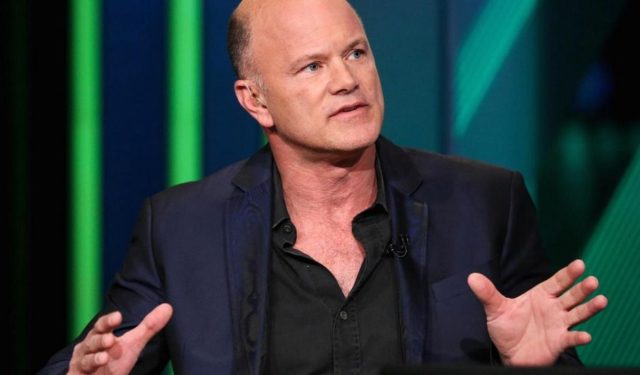The special secretary for tax reform at the Ministry of Finance, Bernard Appy, said that there may be a tax differentiation for the areas of health and education in the tax reform. On the other hand, the economist does not agree with benefits for all activities classified as services, but made it clear that this is a decision that is up to parliamentarians.
“I cannot disadvantage a sector by generating distortion through taxation. It has to be the same tax. Of course, there are health and education issues that will be discussed by the National Congress. I think it makes perfect sense. But don’t discuss the service sector in a broad way, the entire service sector. This makes no sense”, revealed Appy, who defends that there are as few exceptions to the general rules as possible. “One of the goals of the new model is to reduce the net cost for service takers and consumers,” he explained.
Even after the reform is approved, in Appy’s assessment, the collection of new federal taxes on consumption should only start to take effect in 2025. The economist’s projection is even higher for state and municipal taxes: 2027. the approval of the changes, it is necessary to regulate the reform. Then, afterwards, a transition period begins between the rates.
Appy was one of the guests at a meeting to discuss tax reform proposals, promoted by the American Chamber of Commerce in Brazil (Amcham) this Friday (10). The event “The Paths to Comprehensive Tax Reform in 2023” also featured deputies Reginaldo Lopes (PT-MG), Vitor Lippi (PSDB-SP) and Aguinaldo Ribeiro (PP-PB), this one online, in addition to private sector representatives.
Coordinator of the tax reform working group, federal deputy Reginaldo Lopes believes it is possible to approve the reform this year, because of the federative disposition for the cause, in addition to the openness to dialogue from all economic sectors. “If we don’t approve the tax reform in this first year of government, we won’t approve it anymore”, he said.
A survey, carried out by Arko Advice, with 103 federal deputies from 19 political parties confirms the forecast. According to the survey, 67.6% of parliamentarians believe that the tax reform will be approved in 2023.
Reginaldo Lopes also said that he hopes to have the reform work group’s report ready by the deadline, on May 16. However, within thirty days it will be possible to have a better alignment on the conflicting points in the proposals, to move forward in the discussions. The deputy believes that in the first semester comes the approval in the Chamber and in the second, in the Senate. According to him, the first stage of the reform will focus on consumption and the second on income and assets.
“The majority of the Brazilian population does not pay income tax, but pays a lot of indirect taxes on consumption. We need transparency because the Brazilian people don’t even know what taxes they pay” he explained.
American Chamber of Commerce in Brazil
A survey carried out by Amcham indicated tax reform as a priority topic for 68% of entrepreneurs in 2023. 465 Brazilian business leaders were interviewed. Following, as a priority to boost the economy appears the fiscal balance, with 51%.
For the institution, the Brazilian model of taxation of goods and services, based on five different taxes (ICMS, ISS, PIS, COFINS and IPI) has an extremely negative impact on the country’s economy. Among them, the high cost of tax compliance, the loss of competitiveness of Brazilian companies and the inefficient organization of the productive structure, which leads to reduced productivity and wealth generation.
“A comprehensive tax reform on consumption is essential for increasing productivity and growth in the Brazilian economy. There is a window of opportunity this year to finally move towards a more efficient and rational tax system. We have to take advantage of it”, explains Abrão Neto, CEO of Amcham.
The Institution defends a drop in the tax burden and a project that ensures the coverage of federal, state and municipal taxes; financial credit; unrestricted tax relief on exports and investments; taxation at destination; the proper treatment of tax credits that will be extinguished; and the reduction of the cost of compliance to comply with obligations. All requests, according to Appy, are included in the two reform proposals being processed in congress.
Source: CNN Brasil
I am an experienced journalist, writer, and editor with a passion for finance and business news. I have been working in the journalism field for over 6 years, covering a variety of topics from finance to technology. As an author at World Stock Market, I specialize in finance business-related topics.







